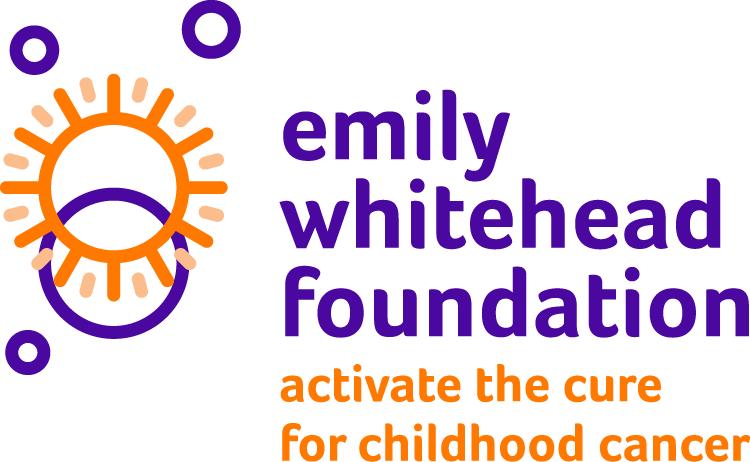Pilot Study of Non-Viral, RNA-Redirected Autologous T Cells in Patients With Refractory or Relapsed Hodgkin Lymphoma
Lymphoma
18-26 years
1
 Biological
Biological
CD19 RNA redirected autologous T-cells (RNA CART19 cells)
Condition: Hodgkin Lymphoma
Pilot open-label study to estimate the feasibility, safety and efficacy of intravenously administered, RNA electroporated autologous T cells expressing CD19 chimeric antigen receptors expressing tandem TCRζ and 4-1BB (TCRζ /4-1BB) costimulatory domains (referred to as “RNA CART19”) in Hodgkin Lymphoma (HL) patients.
Patients will be treated with IV administration of RNA anti-CD19 CAR T cells for a total of six doses over 3 weeks.
-
Svoboda J, Rheingold SR, Gill SI, Grupp SA, Lacey SF, Kulikovskaya I, Suhoski MM, Melenhorst JJ, Loudon B, Mato AR, Nasta SD, Landsburg DJ, Youngman MR, Levine BL, Porter DL, June CH, Schuster SJ. Nonviral RNA chimeric antigen receptor-modified T cells in patients with Hodgkin lymphoma. Blood. 2018 Sep 6;132(10):1022-1026. doi: 10.1182/blood-2018-03-837609.
Chimeric antigen receptor (CAR)-modified T cells are being investigated in many settings, including classical Hodgkin lymphoma (cHL). The unique biology of cHL, characterized by scant Hodgkin and Reed-Sternberg (HRS) cells within an immunosuppressive tumor microenvironment (TME), may pose challenges for cellular therapies directly targeting antigens expressed on HRS cells. We hypothesized that eradicating CD19+ B cells within the TME and the putative circulating CD19+ HRS clonotypic cells using anti-CD19-directed CAR-modified T cells (CART19) may indirectly affect HRS cells, which do not express CD19. Here we describe our pilot trial using CART19 in patients with relapsed or refractory cHL. To limit potential toxicities, we used nonviral RNA CART19 cells, which are expected to express CAR protein for only a few days, as opposed to CART19 generated by viral vector transduction, which expand in vivo and retain CAR expression. All 5 enrolled patients underwent successful manufacturing of nonviral RNA CART19, and 4 were infused with protocol-specified cell dose. There were no severe toxicities. Responses were seen, but these were transient. To our knowledge, this is the first CART19 clinical trial to use nonviral RNA gene delivery. This trial was registered at www.clinicaltrials.gov as #NCT02277522 (adult) and #NCT02624258 (pediatric).
Sponsor/Collaborators:
University of Pennsylvania
Children's Hospital of Philadelphia (CHOP)
